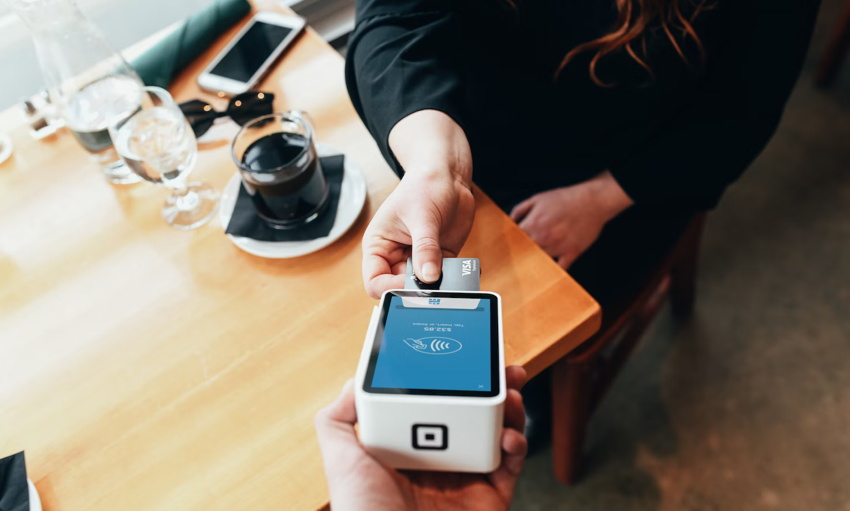Excerpt from CNBC
- Nearly one-third of Americans feel tipping culture has gotten “out of control,” according to a recent Bankrate report.
- “It’s more than fatigue, it’s irritation,” says tipping expert Michael Lynn.
- As the negative sentiment takes hold, some businesses are opting out of digital touch-screen payment systems with predetermined options.
“Honestly, I think the prompt irritates most people,” said Lyn James, owner of Flowers & Cappuccino by Lasting Visions in Bowman, North Dakota.
James said that’s why she opted out of the tip screen when she implemented her store’s contactless point-of-sale system. Although gratuity can vary greatly, “most folks will leave at least a dollar on a latte,” she said.
“If the customer is happy, they are generous with their tips.”
Tip fatigue and tip creep ‘may be understating it’
In most cases, consumers face more opportunities to tip for a wider range of services than ever before, a trend also referred to as “tip creep.” But recent surveys show shoppers are experiencing “tip fatigue” and starting to tip less - while resenting tipping prompts even more.
“The terms may be understating it,” said Michael Lynn, a professor of consumer behavior and marketing at the Cornell University School of Hotel Administration. “It’s more than fatigue, it’s irritation.
“It’s not tip creep, it’s tip gallop,” he added.
Two-thirds of Americans have a negative view about tipping, according to a recent report by Bankrate, particularly when it comes to contactless and digital payment prompts with predetermined options that can range between 15% and 35% for each transaction — and 30% said “tipping culture has gotten out of control.”
“You have to go out of your way to not tip, and that’s what a lot of people resent,” said Ted Rossman, Bankrate’s senior industry analyst.
Many feel the pressure to tip has increased over the last year, NerdWallet’s consumer budgeting report also found.
Click here to read complete article at CNBC.
